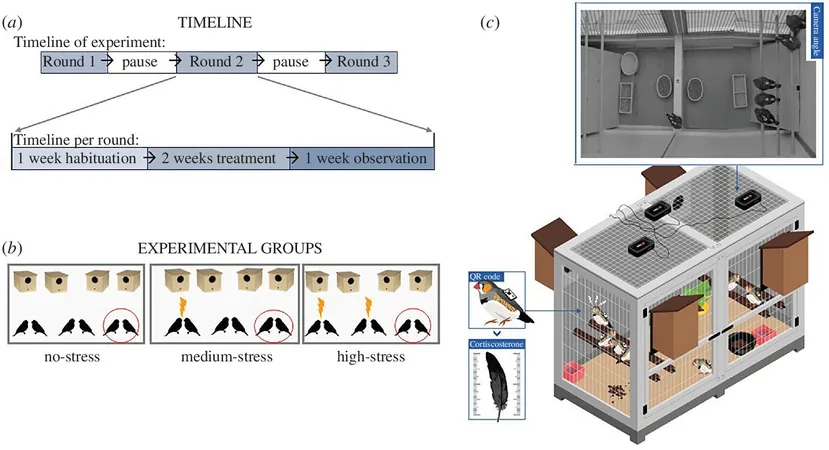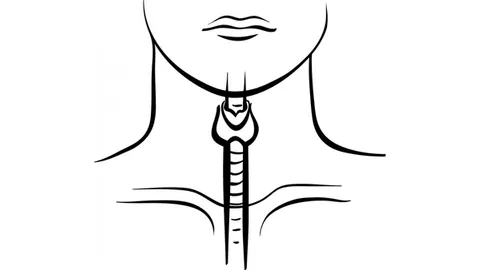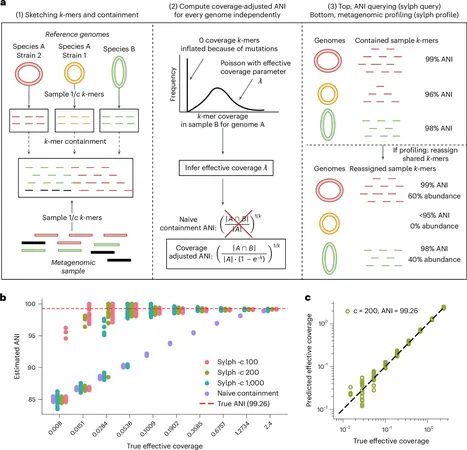
Revolutionary AI Technology Set to Transform Colonoscopy: What You Need to Know!
2024-11-12
Author: Rajesh
Introduction
Colorectal cancer is a formidable health concern, ranking as the third most prevalent cancer and a leading cause of cancer-related mortality in the United States. To combat this silent killer, colonoscopy has become an indispensable tool, recommended for all adults aged 45 and older. This procedure not only screens for cancer but also allows gastroenterologists to remove polyps before they can develop into malignant tumors.
AI-Assisted Colonoscopy
In a game-changing development, the FDA approved the first AI-assisted device for colonoscopy procedures in 2021. This groundbreaking technology, known as computer-aided detection (CADe), is being hailed by experts like Dr. Gyanprakash Ketwaroo from the West Haven VA as a vital 'second set of eyes' for medical professionals. Recent research led by Dr. Dennis Shung highlighted that CADe significantly enhances adenoma detection rates—potentially elevating patient outcomes and early diagnosis rates of colorectal cancer.
Research Findings
The extensive meta-analysis conducted by Dr. Shung examined 44 different studies and found that while CADe markedly improved adenoma detection compared to traditional methods, the improvement in identifying advanced colorectal neoplasia was relatively modest. This highlights an important area for continued exploration, with Shung advocating for more studies to thoroughly assess the technology's impact on the rates of interval colorectal cancer.
Integration into Clinical Practice
At Yale's West Haven VA campus, this innovative AI technology is already being integrated into clinical practice, aiding endoscopists and medical trainees during procedures, and enhancing their precision in detecting potential cancerous growths.
New Clinical Guidelines
In tandem with these advances, the American Gastroenterological Association (AGA) is in the process of drafting new clinical guidelines for the application of AI in colonoscopy. Dr. Shung plays a pivotal role as co-first author on these guidelines, which currently recommend CADe for polyp detection among adults, contingent upon safety and effectiveness standards. The AGA is keenly gathering insights from both medical providers and patients to ensure their guidelines reflect a comprehensive view of AI's role in screening. The finalized guidelines are expected to be released in March 2025, with ongoing updates to adapt to technological advancements.
Conclusion
As AI-assisted colonoscopies usher in a new era of colorectal cancer screening, the implications for patient care are vast. Awareness and understanding of the evolving guidelines and technologies will be crucial for healthcare professionals striving to deliver the best possible care to their patients. Don’t overlook the possibility that the next colonoscopy might include this life-saving AI technology—it's a breakthrough that promises to enhance detection rates and, ultimately, patient survival!





 Brasil (PT)
Brasil (PT)
 Canada (EN)
Canada (EN)
 Chile (ES)
Chile (ES)
 España (ES)
España (ES)
 France (FR)
France (FR)
 Hong Kong (EN)
Hong Kong (EN)
 Italia (IT)
Italia (IT)
 日本 (JA)
日本 (JA)
 Magyarország (HU)
Magyarország (HU)
 Norge (NO)
Norge (NO)
 Polska (PL)
Polska (PL)
 Schweiz (DE)
Schweiz (DE)
 Singapore (EN)
Singapore (EN)
 Sverige (SV)
Sverige (SV)
 Suomi (FI)
Suomi (FI)
 Türkiye (TR)
Türkiye (TR)